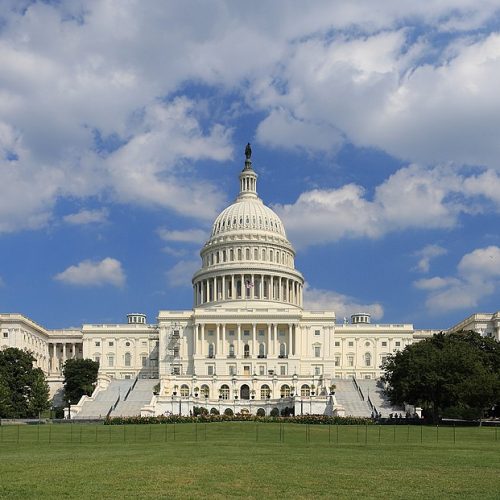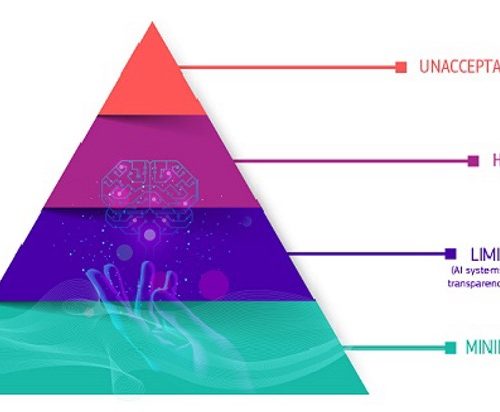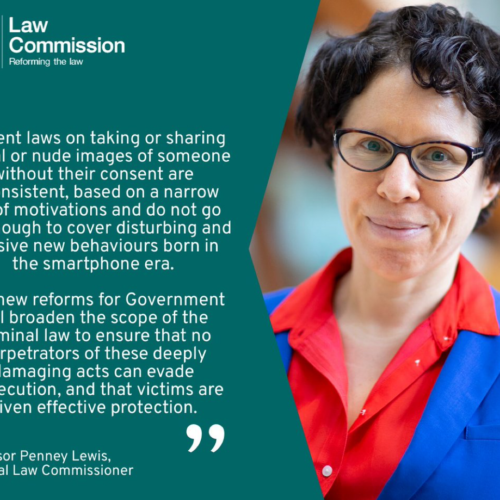Battle of the Beige – Amazon Influencer Showdown
The Verge has posted a fascinating deep dive into a legal battle in the Amazon influencer space, centred around influencers Sydney Nicole Gifford and Alyssa Sheil. In a world where social media influencers shape trends and sell products with the power of a single post, a new lawsuit has brought the intersection of copyright law and influencer marketing into focus....










